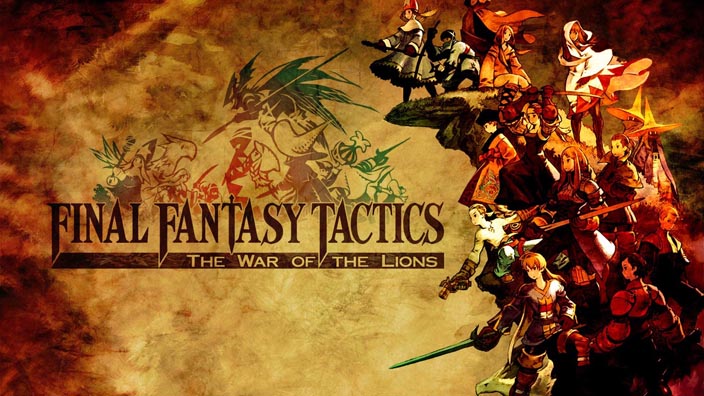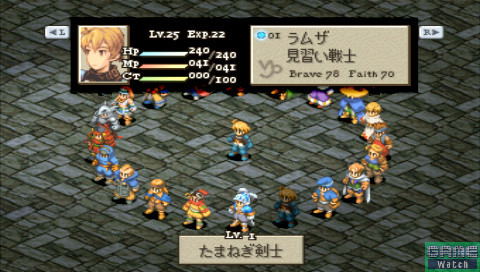

You can also mix it up by equipping other abilities from other jobs as well, increasing their usefulness. Let’s say one of your character’s primary job is the Chemist, who can distribute items like potions and phoenix downs to fellow players. You character’s job level increases independently of its base level, so while your Squire might have a base level of seven, it could have an Archer job level of five and a Knight job level of six.Įach job opens up access to a number of specific abilities, purchased with points awarded on the battlefield. Your character’s job determines what kind of role it will play, so for example, the Squire, a jack of all trades, is well balanced for close combat, and a White Mage, a spell-casting healer, won’t be much use with a sword but can restore fellow party members’ life with replenishing magic.

But FFT adds depth with its wonderfully engaging job system. As you’d expect of an RPG, as your characters win battles they gain experience and level up. Skirmishes either occur randomly, as your party moves from settlement to settlement on the world map, or deliberately as part of the game’s sprawling and complex story. You control between four and six soldiers who take it in turns to move and attack various enemies across a battlefield, which is divided up into squares. But I’m here to tell you to persevere, because you’ll be rewarded with a game experience that provides as much depth, charm and emotional engagement as any next-gen blockbuster released this holiday season.įFT: The War of the Lions is the PSP remake of the classic 10-year-old PlayStation spin-off from the hugely popular Final Fantasy RPG series. For the first hour or so FFT feels like it is trying its damnedest to get you to walk away and quit. It’s also rock hard at the beginning, and provides little or no guidance for newcomers. It’s a slow, pondering tactical role-playing game with average gameplay graphics and a bemusing storyline.

First things first, Final Fantasy Tactics isn’t for everyone.


 0 kommentar(er)
0 kommentar(er)
